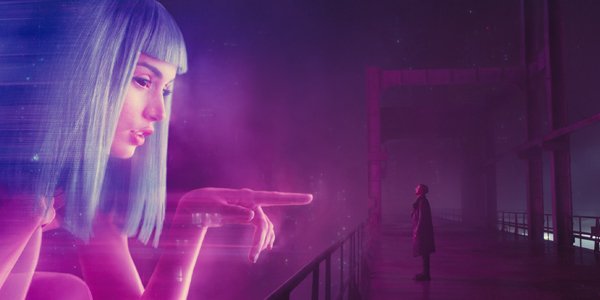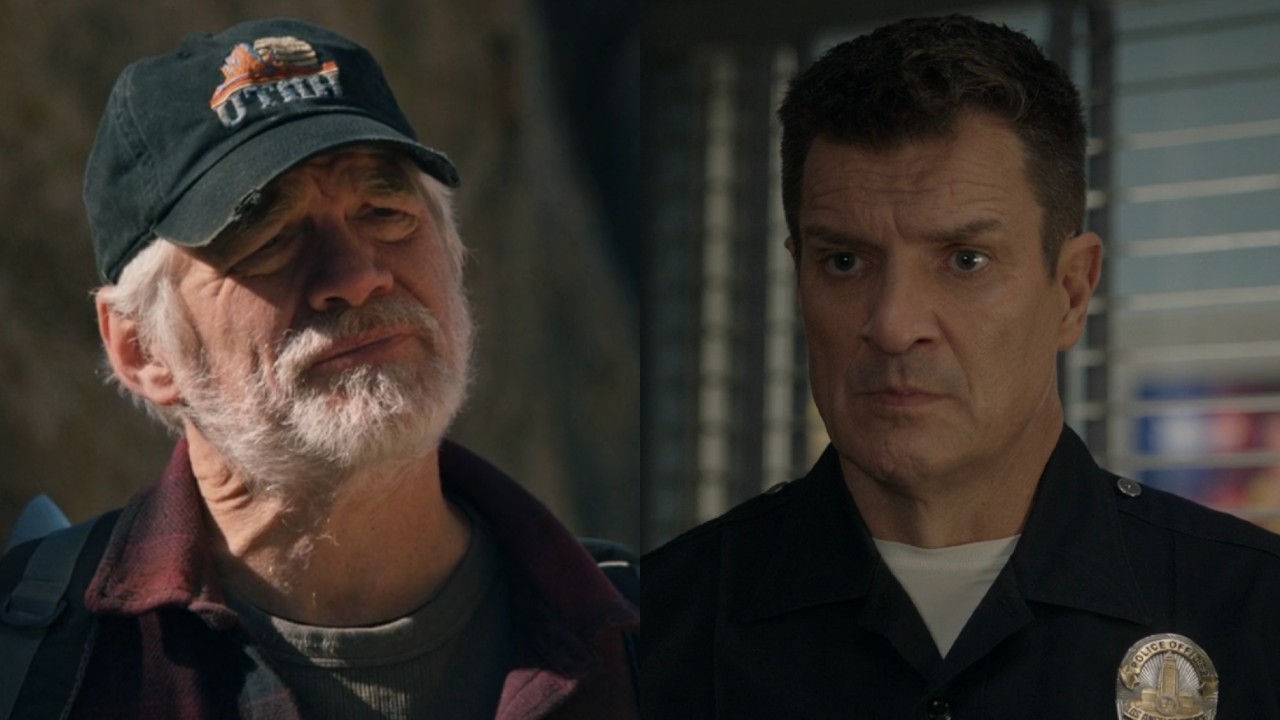One Big Change Blade Runner 2049 Went Through As It Developed

When Blade Runner 2049 first entered development back in 2013, there was really only one filmmaker in mind to take the helm: Ridley Scott, the director of the original Blade Runner. The script was written with this in mind, however, circumstances changed a few years in, leading to Denis Villeneuve to get the job and craft his own vision of a sequel. As it happens, this process didn't mean changing any key narratives in the screenplay, but instead sculpting the film to not be so much a Ridley Scott movie and rather specifically be a Denis Villeneuve movie. The French-Canadian director recently told me,
I'd say that the main story stayed the same. The core of the story, I protected it. But there's a lot of it that came... when I read the screenplay the first time it was a work in progress, and it was a screenplay written for Ridley Scott. And I'm a very different director than Ridley. We have very different sensibilities. So I brought back the screenplay closer to me. So it's the same story told in a slightly different way.
One of my favorite questions to ask filmmakers during interviews is about the evolution of a story, and Denis Villeneuve offered an interesting response when I sat down with him at the Blade Runner 2049 press day in Los Angeles last month. Without revealing too much, it seems that the investigation of Officer K (played by Ryan Gosling) and the mystery he follows was something that was consistently a part of the sequel's story, however it was the way that the story was told that wound up significantly evolving.
At this point you may be internally contrasting the styles and sensibilities of Denis Villenueve and Ridley Scott -- who do make very different movies -- but I had the former fill me in on his views on the matter as well. I followed up Villeneuve's response asking him to expand on that idea and what he sees as the core dissimilarities. He explained, and in doing so vaguely noted how it wound up affecting Blade Runner 2049's narrative:
It's a good question. I would say that it's very striking for me that there are some scenes where I would think to myself, 'I know exactly how Ridley will do it; it would be great. But me? I can't. I don't know. Me personally, it would look fake if I were to try to do that. And so I brought the story back to be something more intimate, obviously, but with a bit more realism -- where things are seen more from the scope of the main character's point of view. I brought back the violence and the action closer to what I felt Ridley had done in the very first movie. We're trying to bring a level of realism to it. And I'm not saying that Ridley would have done it differently, but I brought the story to a more simple version of what I had read before.
While it's too early to say exactly how the two visions differed, it is worth noting that while Blade Runner 2049 offers an impressive vision of the futuristic world, there are also very few scenes that aren't specifically following Officer K either on the job or at home, and even those exclusions center on dramatic and personal conversations and confrontations. We don't know the extent to which the Ridley Scott-inspired vision took things scale-wise (perhaps a visit to off-world colonies?), but there is definitely no arguing that Denis Villeneuve's movie succeeds in achieving intimacy and realism.
You can watch Denis Villeneuve talk about the transformation of Blade Runner 2049 by clicking play on the video below!
Blade Runner 2049, starring Ryan Gosling, Harrison Ford, Ana de Armas, Sylvia Hoeks, Robin Wright, Mackenzie Davis, Dave Bautista and Jared Leto, arrives in theaters this Friday, October 6th -- and this is not the extent of our interview coverage. Stay tuned for more from our conversations with the filmmakers and stars, as well as our editorial coverage of the exciting new blockbuster!
Your Daily Blend of Entertainment News

Eric Eisenberg is the Assistant Managing Editor at CinemaBlend. After graduating Boston University and earning a bachelor’s degree in journalism, he took a part-time job as a staff writer for CinemaBlend, and after six months was offered the opportunity to move to Los Angeles and take on a newly created West Coast Editor position. Over a decade later, he's continuing to advance his interests and expertise. In addition to conducting filmmaker interviews and contributing to the news and feature content of the site, Eric also oversees the Movie Reviews section, writes the the weekend box office report (published Sundays), and is the site's resident Stephen King expert. He has two King-related columns.
